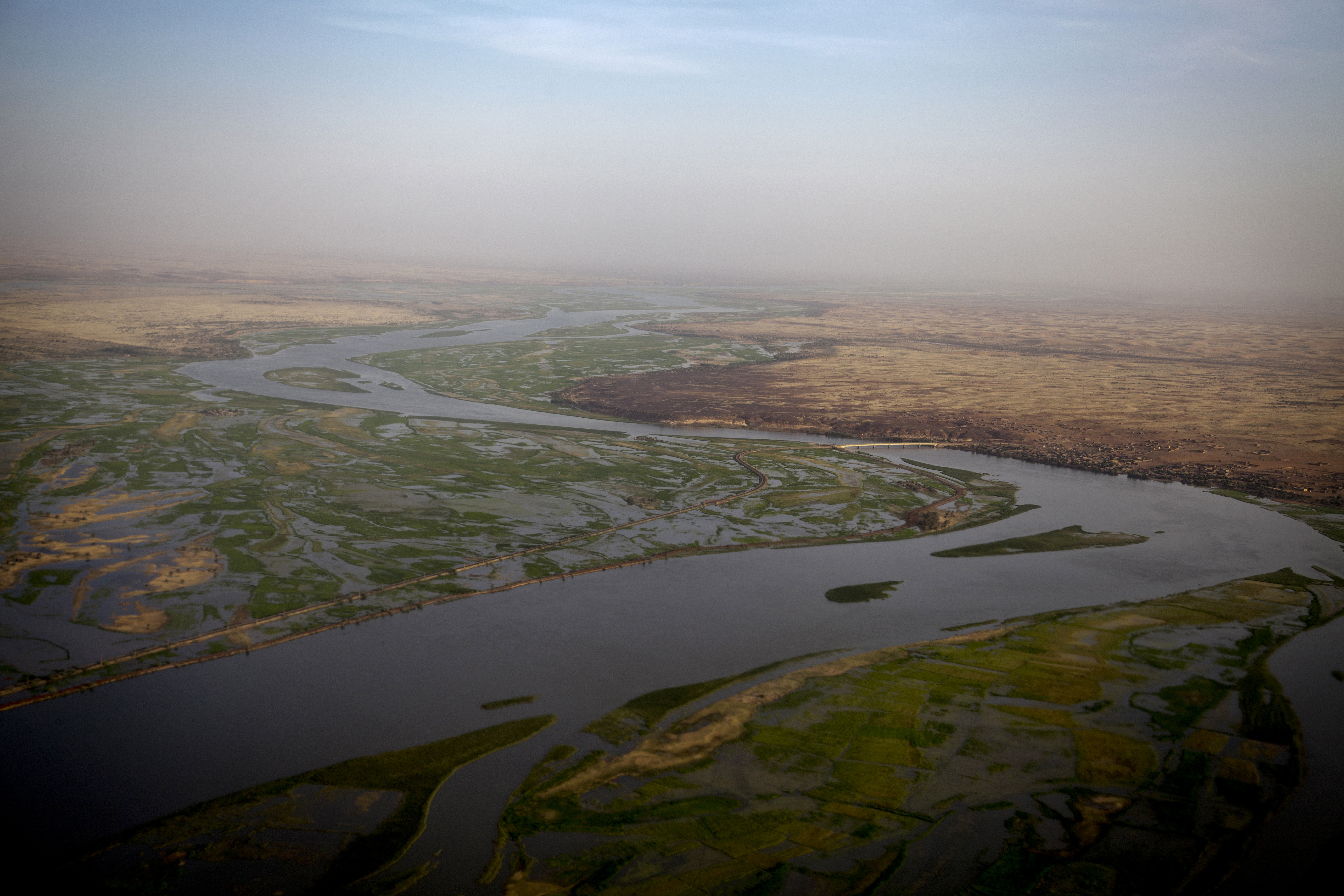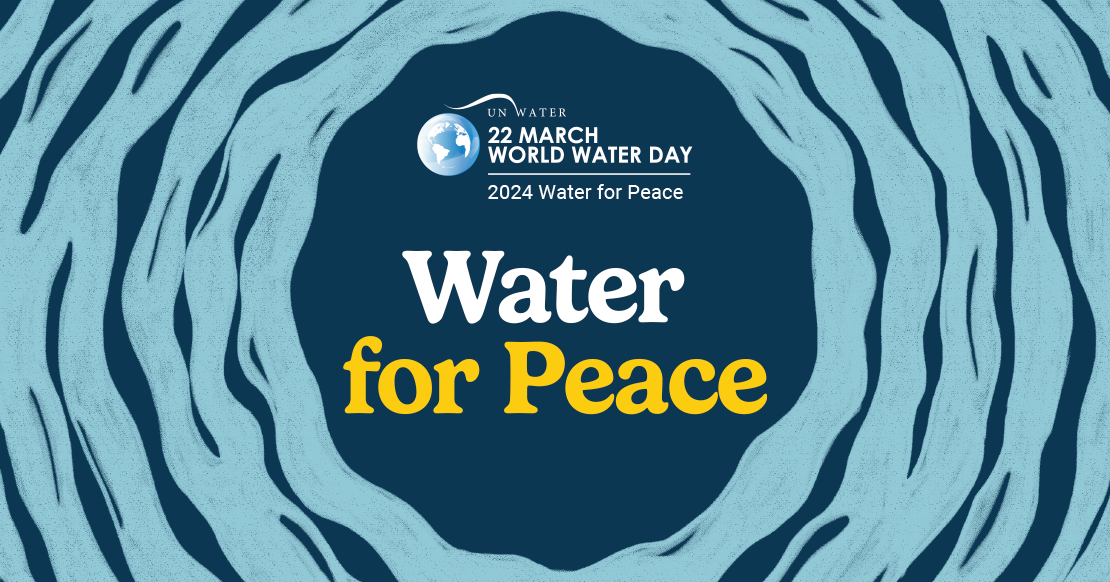United Nations Educational, Scientific and Cultural Organization (UNESCO)
UNESCO’s Water Science Programme was founded on the International Hydrological Programme (IHP), which has evolved from an internationally coordinated hydrological research programme into an encompassing inter-governmental programme to facilitate research, education and capacity building, and enhance water resources management and governance.
By delivering education and training, providing data and information, developing and testing tools and methodologies IHP contributes directly and/or indirectly to SDG 6 and its targets. Further to its contribution across SDG 6’s targets UNESCO along with UNECE are co-custodian agencies for the indicator 6.5.2 on transboundary water cooperation.
In August 2018, they jointly produced a report presenting the global indicator baseline. Indicator 6.5.2 “Proportion of transboundary basin area with an operational arrangement for water cooperation
Considering the entire water cycle, UNESCO IHP also contribute to implement many other goals that are related to water such as those on poverty reduction and equality [1, 10, 16] , agriculture [2], health [3], education [4], gender [5], energy [7], the economy and infrastructure [8 – 12], climate change and resilience [13], and the environment [14, 15]. Furthermore, IHP also provides contribution to achieve SDG 17, by enhancing global partnership for sustainable development, complemented by multi stakeholder partnerships that mobilize and share knowledge, expertise, technology and financial resources, to support the achievement of the sustainable development goals in all countries, in particular developing countries.
UNESCO’s World Water Assessment Programme (WWAP) coordinates the work of UN-Water 31 members and 39 partners in the UN World Water Development Report (WWDR), the flagship report on freshwater providing an authoritative picture of the state, use and management of the world’s freshwater resources.
The annual WWDR provides the thematic backbone of the World Water Day and focus on relevant interlinkages between SDG 6 and other SDGs (e.g., water and jobs, nature-based solutions, leaving no one behind, water and climate). WWAP coordinated also the production of the UN-Water SDG 6 Synthesis Report.
In addition, WWAP implements transdisciplinary projects, science-policy dialogues, develop case studies, and enhances capacity at a national level and inform policy and decision-making process.



